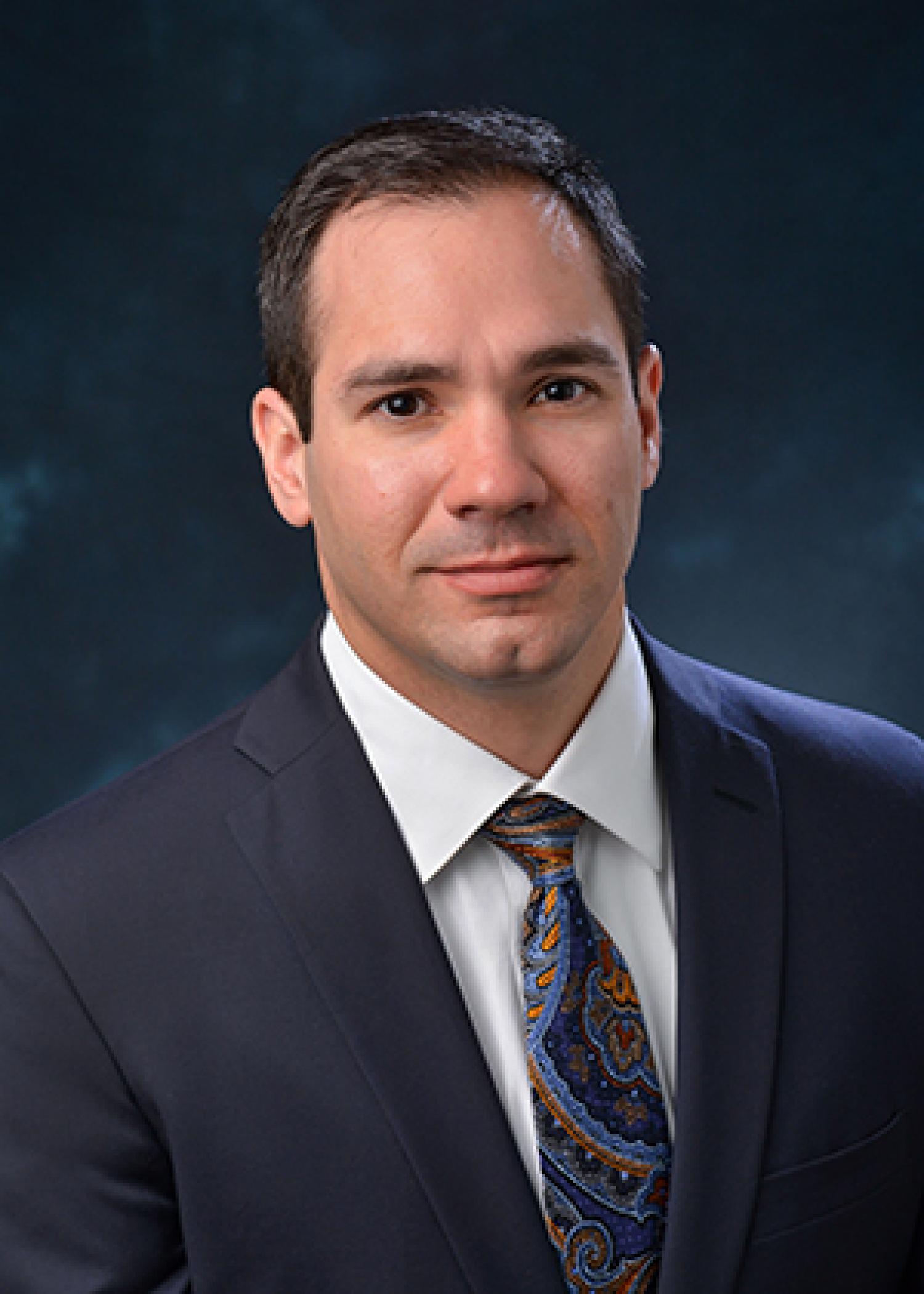Michael Marshak
- Assistant Professor
- CHEMISTRY AND BIOCHEMISTRY

Cristol Chemistry Bldg
215 UCB
Boulder, CO 80309-0215
B.A. Chemistry: Cornell University, 2006
Ph.D Inorganic Chemistry: Massachusetts Institute of Technology, 2012
Postdoctoral Fellow: Harvard University, 2013-2015
Michael Marshak was an assistant professor of chemistry at CU-Boulder and fellow at the Renewable and Sustainable Energy Institute (RASEI). His research program spans the fields of organic and inorganic chemistry to make new chemicals and materials. Specifically, he plans to investigate organic reactions featuring new transition metal catalysts, nanoparticle and thin-film materials, and chemical transformations related to batteries, biomass, and carbon dioxide. Michael is also the founder and CEO of Otoro Energy, which is developing flow batteries for utility-scale energy storage applications.
Michael received his B.A. in Chemistry at Cornell University and his Ph.D. in Inorganic Chemistry at MIT. While at Cornell, he studied organometallic chemistry of early transition metals under the guidance of Prof. Peter Wolczanksi. These studies focused on olefin-alkylidene rearrangements and C–H bond activation using niobium, tantalum, and tungsten complexes. At MIT, he joined the lab of Prof. Daniel Nocera studying high-valent first-row transition metals. This research identified redox-activity in β-diketiminate ligands, nitrile insertion in metal-aryl bonds, and the spectrochemical properties of chromium (IV) siloxide. After completion of his graduate studies in 2012, Michael hiked 2668 miles from Mexico to Canada on the Pacific Crest Trail. Upon returning to Cambridge, he worked as a postdoctoral fellow with Profs. Michael Aziz, Roy Gordon, and Alán Aspuru-Guzik at Harvard University, where he helped to pioneer the use of organic materials called quinones for flow batteries, a promising new technology that can store massive quantities of energy on the electric grid. Flow batteries can enable greater use of renewable energy resources such as wind and solar by providing power when the sun isn’t shining and the wind isn’t blowing. In his free time, Michael enjoys being outdoors, preferably skiing, hiking, mountaineering, biking, or fishing.
Outdoor Activities
- 1999 Canoed the Bloodvein River, from Red Lake to Lake Winnipeg (190 miles)
- 2000 Canoed across Northern Manitoba, Canada starting in Reindeer Lake Saskatchewan, traveling up the Cochrane River, down the Thlewiaza River and the Caribou River to the Hudson Bay. Exited in Churchill Manitoba, the "polar bear capital of the world." (700 miles)
- 2001 Canoed the North Knife River from Southern Indian Lake to the Hudson Bay
- 2012 Thru-hiked the Pacific Crest Trail (2668 miles)
- 2016 Led team of 4 to summit Mt. Rainier (14,417') in a day (Disappointment Cleaver Route)
- 2017 - 2022 Completed section-hiking the Colorado Trail (486 miles)
- 2014 - present Section-hiking the Long Trail (105/271 miles)
- 2020 - present Section-hiking Arizona Trail (611/788 miles)
Long Day-Hikes:
- Pemi-Plus Loop (Pemigewassett Wilderness, NH)
- Presidential Traverse, NH
- Mt. Whitney, CA (14,505')
- Pawnee-Buchanan Loop, CO

